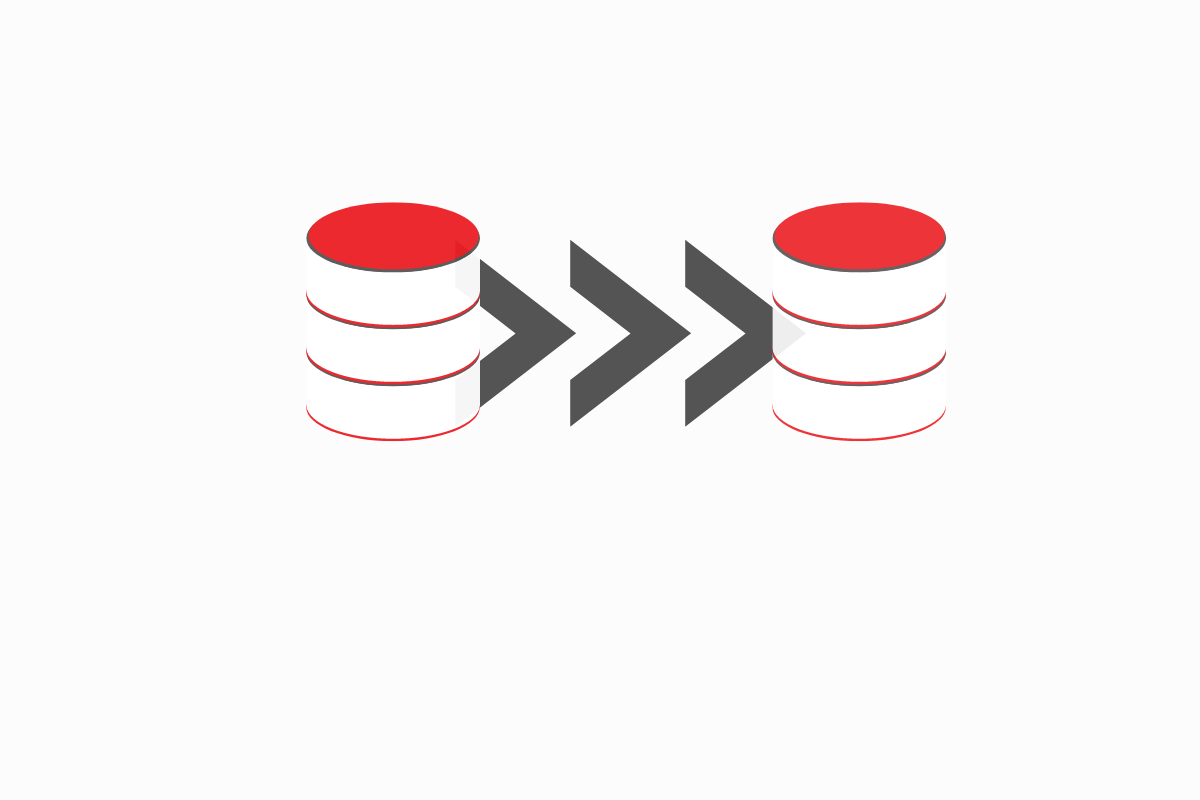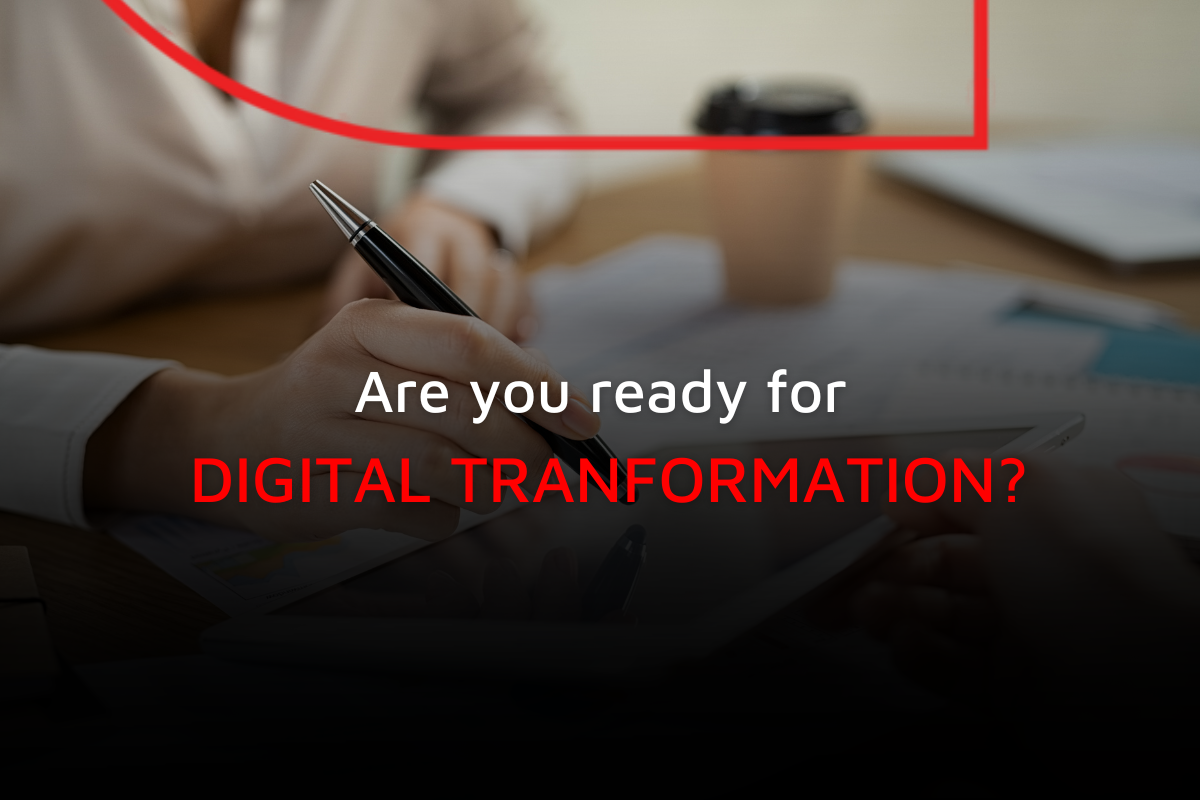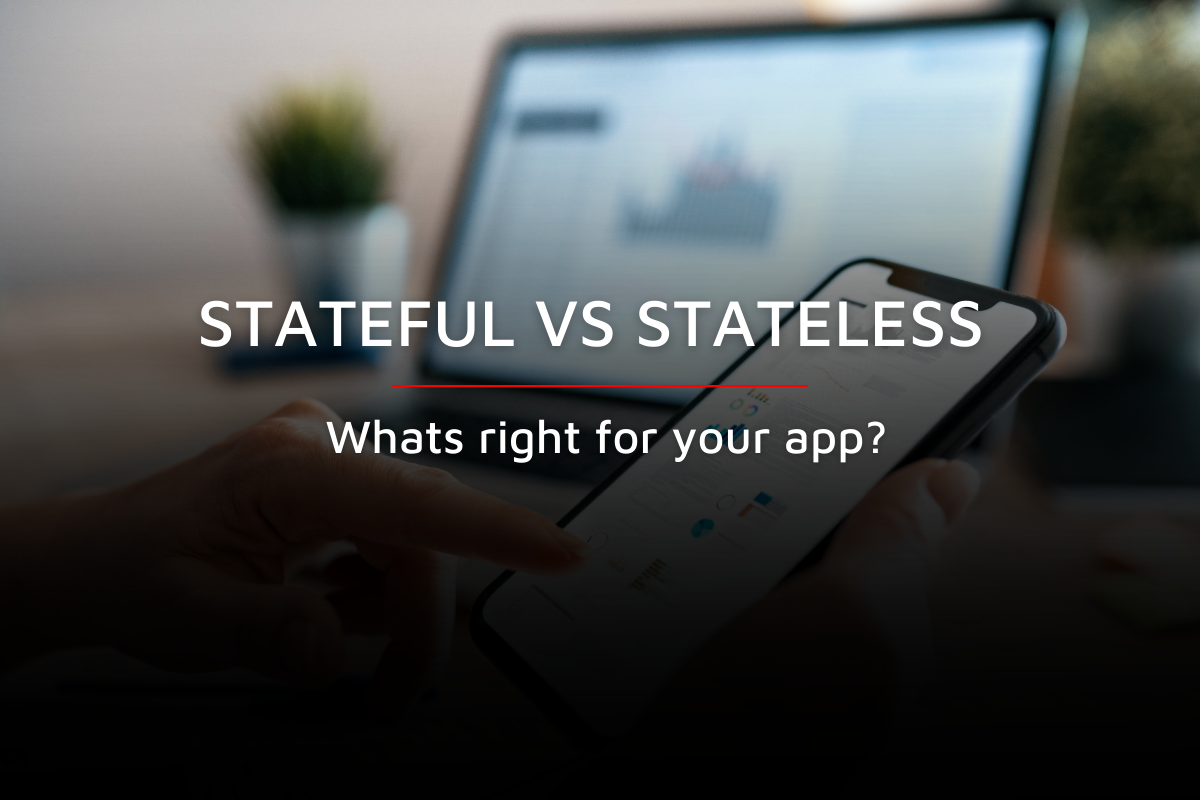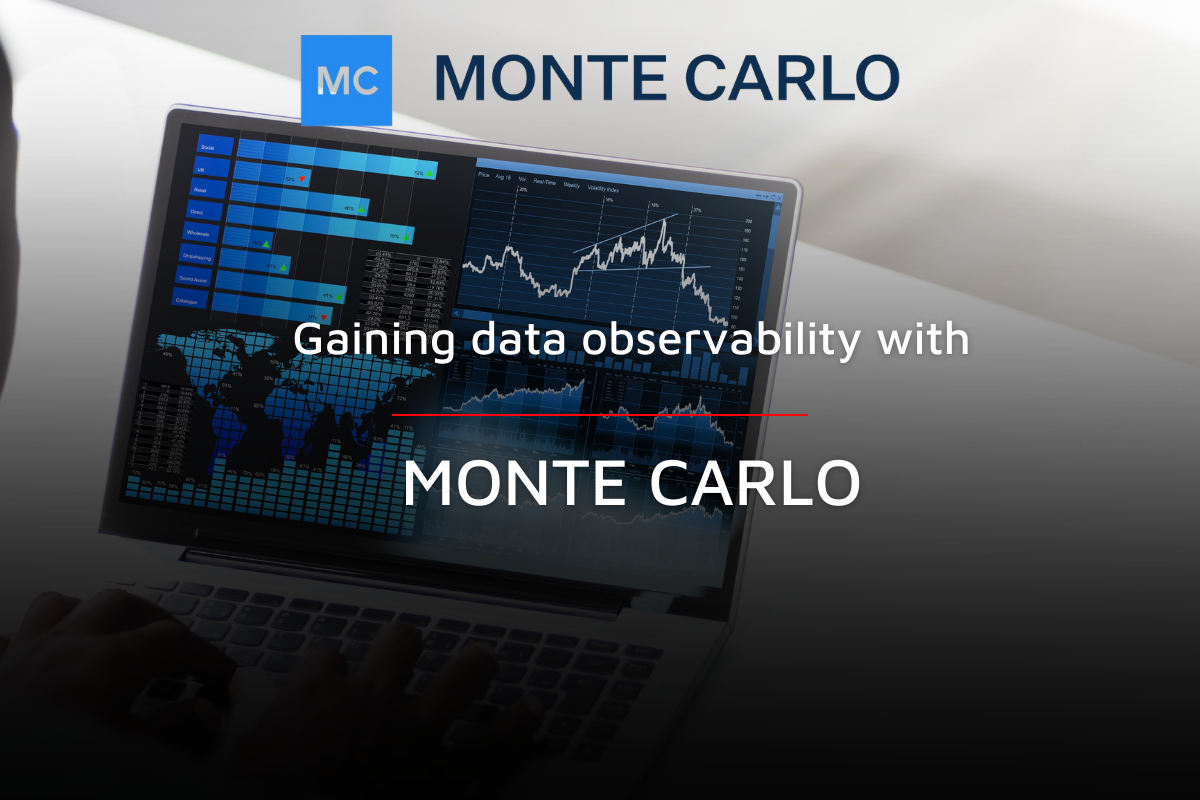Key challenges of migrating data and how to overcome them
2 September 2022 | Noor Khan

Data migration is the process of moving data from one system to another. Businesses invest in data migration for various reasons including; having centralised, collated data, improving security, increasing organisation efficiency or for several other reasons. Data migration can be a costly and time-consuming venture, as a result, organisations will only invest if they predict a significant ROI.
Many data migration projects face challenges, especially exceeding timelines and budgets, therefore planning well and considering and pre-empting challenges can help you avoid that. Here, we will explore the key challenges of migrating data and how you can overcome them when it comes to running your project successfully.
Failing to plan, planning to fail
Creating a detailed plan covering all stages of data migration is crucial for the project to run successfully. Some of the key reasons why a plan is incredibly important are:

- Evaluate risks - You can evaluate risks and ensure you have processes in place to mitigate those risks. Additionally, you can also highlight how you would deal with any problems, issues or failures that may arise and outline the steps of disaster recovery.
- Project roadmap - It will give you a roadmap to work by. As mentioned most data migration projects exceed timelines and budgets, therefore a plan can help you stay on course whilst sticking to the deadline.
- Goals and objectives - This helps you identify your end goals and results. What is the purpose of this project? What challenges will this project help solve? Why this is the ideal solution to your challenges?
Create a step-by-step plan highlighting key areas such as goals and objectives, carry out a risk assessment, evaluate resources and ability, select the right technologies, identify those affected, identify support and ensure you have set a project timeline and duration.
Overestimating in-house ability and resource
Many organisations will attempt to carry out the data migration in-house because they have overestimated their ability and resource. If you are not able to dedicate the right resource to the project, then it will likely fail. Therefore, it's essential to consider working with a third party to carry out your data migration. If you work with an experienced partner, you can avoid most of these key challenges and have peace of mind.
If you do want to carry out the data migration in-house then clearly dedicate time, and resources, make the relevant parties aware and ensure the right skilled professionals are on board to make the project a success.
Lack of communication and collaboration
One of the many reasons organisations may look to migrate their data is to centralize and collate data from disparate sources and locations. This disparate data will involve a variety of individuals who work with, use or maintain the data. Hence, continuous engagement and communication and collaboration are key. This can be easily highlighted in your plan so you are aware of all data sources, locations and the individuals that are involved and will be impacted by the data migration.
Working together with all teams will enable a better outcome of streamlined data.
Neglecting data backup
Neglecting to back up your data can cause issues such as loss of data, data gaps and inconsistencies in your data. You should ideally back up your data on multiple systems including the cloud to avoid loss of data which can be problematic for organisations. If your data is not backed up during the migration process and if there is a failure in the system or an issue, you may face challenges with data loss.
Incompatibility of data and systems
The whole idea of data migration is to improve data processes, however, if the new system and location are not incompatible with your data it can cause issues further down the line. Therefore, testing systems and technologies before you begin the entire data migration project is key. Alternatively, you may want to work with a third party that has experience in dealing with data migration projects like yours, in which case they can make recommendations suited to your end goals and requirements.
Data quality checks and evaluation
There may be issues with the quality of data, which often occurs with data migration. This may be down to outdated data or human error. However, this again can cause issues within your data sets further down the line. To avoid these issues, before the data migration process begins, it may be a good idea to carry out a data audit to ensure the data you are moving is of value and relevance.
Why outsourcing data migration may be the ideal solution
It may seem at first that it may be a cost-effective solution to carry out data migration in-house. However, if you end up having to deal with these challenges and exceed budget and timelines it may become a challenging, costly venture. The alternative, of outsourcing data migration, may be the ideal option, where you can have peace of mind that your data is being migrated by experts who have years of experience.
Ardent data migration solutions
Ardent provides seamless data migration solutions allowing you to stay within budget and timeline, with minimal disruption to your day-to-day work and with cost efficiency. We have worked on migration from AWS to Microsoft workload and vice versa. Some other data migration projects we have successfully delivered have consisted of migrations from technologies including Redshift, Ms SQL Service, Oracle, MongoDB and Databricks.
Having successfully delivered thousands of data engineering projects including data migration, our team of experts can come on board and help with your challenges of migrating data. If you are looking for a data migration solution provider, then get in touch to find out how we can help.
More on what you should consider when migrating data.
Ardent Insights

Are you ready to take the lead in driving digital transformation?
Digital transformation is the process of modernizing and digitating business processes with technology that can offer a plethora of benefits including reducing long-term costs, improving productivity and streamlining processes. Despite the benefits, research by McKinsey & Company has found that around 70% of digital transformation projects fail, largely down to employee resistance. If you are [...]
Read More... from Key challenges of migrating data and how to overcome them

Stateful VS Stateless – What’s right for your application?
Protocols and guidelines are at the heart of data engineering and application development, and the data which is sent using network protocols is broadly divided into stateful vs stateless structures – these rules govern how the data has been formatted, how it sent, and how it is received by other devices (such as endpoints, routers, [...]
Read More... from Key challenges of migrating data and how to overcome them

Getting data observability done right – Is Monte Carlo the tool for you?
Data observability is all about the ability to understand, diagnose, and manage the health of your data across multiple tools and throughout the entire lifecycle of the data. Ensuring that you have the right operational monitoring and support to provide 24/7 peace of mind is critical to building and growing your company. [...]
Read More... from Key challenges of migrating data and how to overcome them






